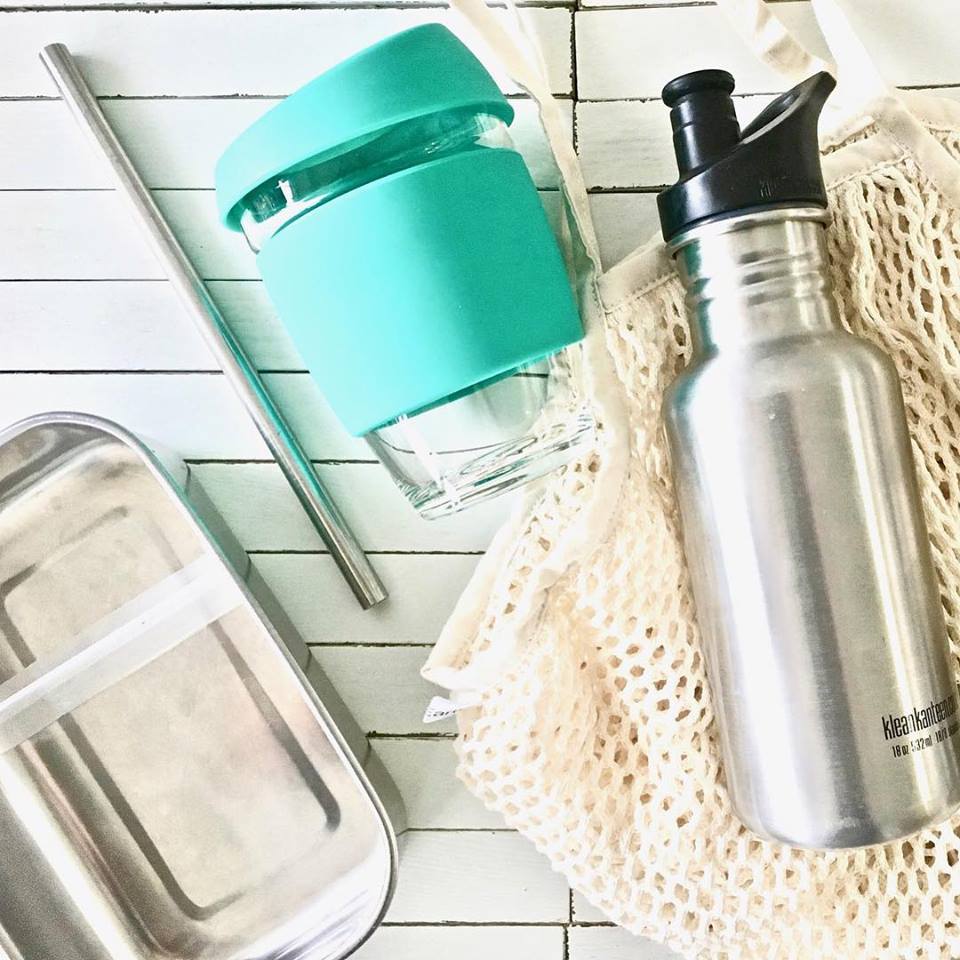We get to the bottom of the issues around this controversial chemical.
BPA, or bisphenol A, is a very widely used chemical. It’s one of the building blocks of a plastic called polycarbonate, and is present in all sorts of everyday items, from checkout receipts to the inside lining of food cans, to drink bottles and the sealants used by dentists. BPA has been linked to some serious health problems and is currently the subject of a lot of research and debate.
What are people worried about?
BPA is a known endocrine disruptor, which means it can change the way bodies work by mimicking hormones such as estrogen and androgen. These hormones control sexual development and function and BPA has been linked to breast and ovarian cancers and changes to semen quality.
However, BPA is also associated with diabetes, heart disease and ADHD, possibly because the chemical affects hormones in the thyroid and is thought to have epigenetic effects – which is a way of saying it may be able to switch genes on or off, causing wide changes in the body.
New research last year began looking at BPA in the environment and its effect on wildlife.
Why is there a debate if it’s so nasty?
There’s no debate about whether BPA is a safe chemical – it’s not. The debate is about whether it’s dangerous at the very low levels at which we’re generally exposed to it.
On the surface this might seem like a crazy argument – why would anyone accept any exposure to a possible cancer-causer? But in reality we have this debate about many substances, whether we refer to them by scary-sounding chemical names or not. After all, it’s well known that table salt or alcohol will kill you if you have too much at one time, and even in smaller doses over longer periods they’re known to have serious health effects, including – in alcohol’s case – the ability to cause cancer.
Most governments – including our own, plus those in the EU and Australia – believe the levels of BPA that we’re exposed to are so low there is nothing to worry about. Canada is the exception – it has banned the import of polycarbonate baby’s bottles. In New Zealand the government says adults get only around 5% of the safe level of BPA.
So what’s the problem?
It would be nice to say that BPA is nothing to worry about, but unfortunately there is credible mainstream medical research linking BPA to serious health effects – even at so-called ‘safe levels’.
It’s worth noting that a review of all the studies on BPA found research by industry tended to point to its safety, while medical research tended to find more alarming results.
A possible explanation for these results is that, even though we tend to have only small amounts of BPA in us, and we break it down and urinate it out within a few hours, the substance is so ever-present in society that we are constantly maintaining our levels. This means we are exposed to low levels of BPA over long periods of time, which may explain the links to health problems.
Sadly, proving or disproving these ‘links’ beyond all doubt is hard.
For a start, getting direct data by testing BPA on humans is out of the question considering its known effects, so studies tend to look at broad populations. But drawing strong conclusions in this kind of research is tricky.
For one thing, it’s very hard to compare your results against a group of people who don’t have BPA in them, because BPA is in almost everybody.
And then, even when a population study shows a connection, it’s hard to rule out other complicating factors. For example, if you did some research that found a link between BPA levels and heart disease, say, could you prove that bad food choices weren’t the cause? Maybe the packaging of bad foods eaten by heart patients contained BPA, and the high levels were just a coincidental side issue…
These kinds of possibilities mean scientists are usually cautious about drawing strong conclusions, and simply call for more research – which means the officials who make the rules about safety tend to wait and see rather than banning the substance prematurely.
What should I do?
Despite the official line about it being safe, it certainly wouldn’t be hysterical if you decided to avoid BPA. Babies are also known to process BPA differently to adults due to their livers being under-developed. For example, a newborn ingesting the same amount as an adult will have three times the level of BPA in their blood, and a three-month-old child will have 1.6 times the level.
This has led to a move among parents away from baby bottles made from polycarbonate, and there are plenty of alternatives around made of glass or BPA-free plastic.
Overheating, or using aggressive cleaners on polycarbonate bottles can also increase the amount of BPA released and should be avoided; likewise the old boy-scout trick of putting a can of beans on an open fire to cook is a sure way to see its plastic liner leach BPA into your food.
Avoid BPA by
- Choosing glass containers for food and drink
- Choosing BPA-free canned foods
- Choosing plastic containers marked “BPA free”
- Speaking to your dentist about BPA in dental resins or mouthguards
- Washing any polycarbonate (number 7) plastics at low temperatures, and not scouring, scraping or microwaving polycarbonate drink or food containers
- Endocrine disrupter
- Broken down in the body then excreted in urine
- Polycarbonate contains BPA and is marked with the recycling number 7
- Plastics with the ‘recycling’ numbers 1, 2, 4, 5 and 6 are generally BPA-free
- Some PVC plastics (marked 3) may contain BPA to make it flexible
- Newborns have higher exposure risk
- Safety levels based on weight-loss studies in rats and mice
